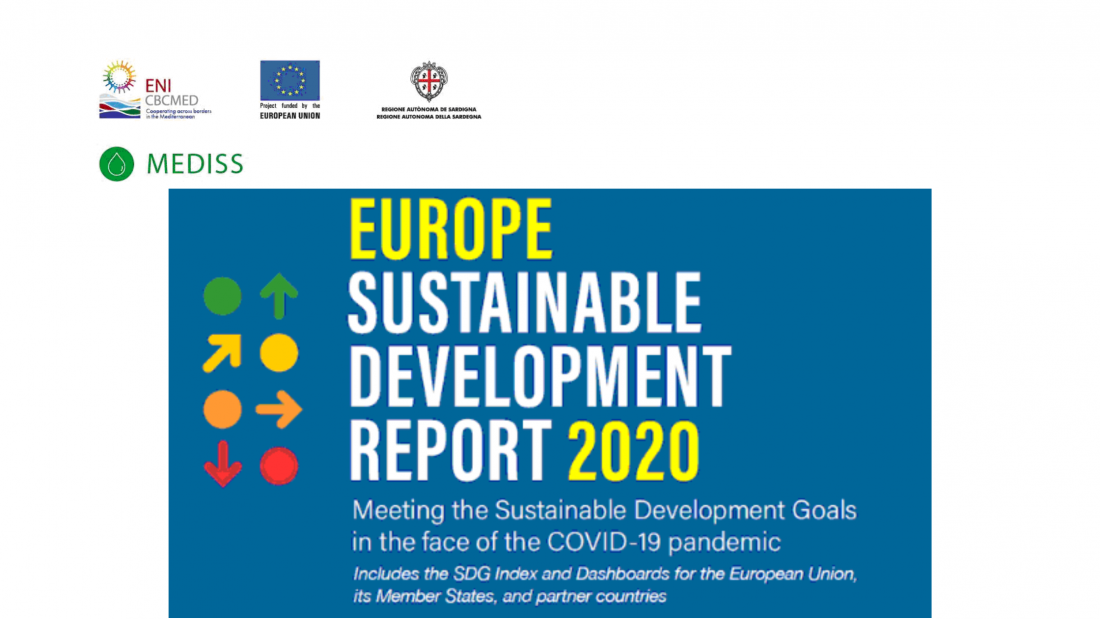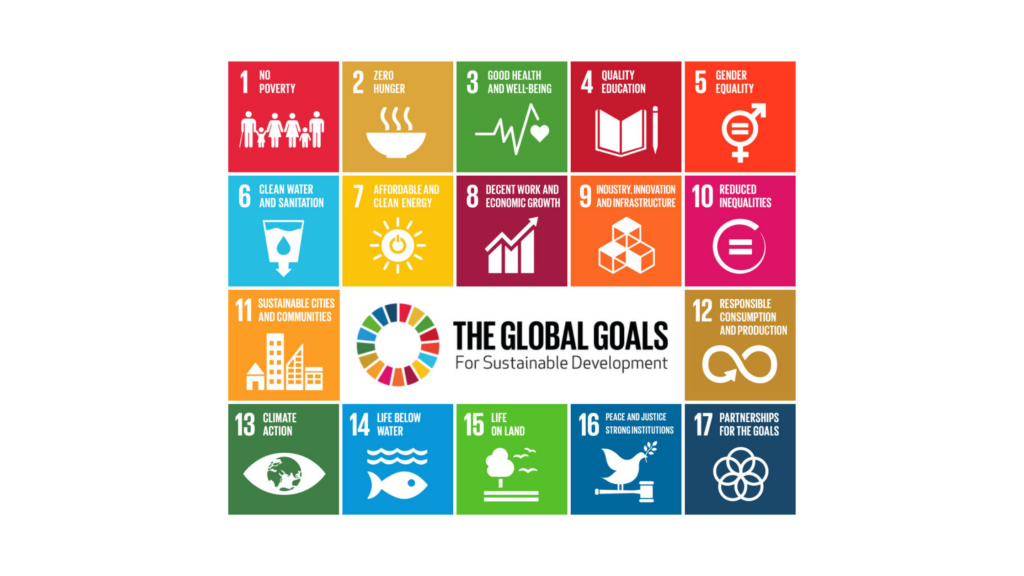[MEDISS] تقرير إستدامة أوروبا لعام 2020

المحتوى متاح باللغة الإنجليزية
The Europe Sustainable Report 2020 is prepared by teams of independent experts at the Sustainable Development Solution Network (SDSN) and the Institute for European Environmental Policy (IEEP). It analyses the progress towards achieving the 17 Sustainable Development Goals (SDGs) in the last 5 years. The SDGs represent an affirmation of European values.
Figure 1 The Sustainable Development Goals (SDGs) as adopted in 2015 by all UN Member States
The report, released in December 2020, includes the Sustainable Development Goals Index (SDGs Index) and the Dashboards. The SDG Index goes beyond GDP to measure the progress of countries, including measures of well-being, environmental sustainability, and good governance.
The current situation, with the whole world facing the Covid-19, makes the suppression of the pandemic the number one priority. Covid-19 is a major setback for sustainable development, with negative impacts both in the short- and long-term. The pandemic has unavoidably increased the challenges, especially relating to socio-economic goals, and has not resolved the climate and biodiversity crises. Nevertheless, this situation also represents an opportunity to learn a lesson and strengthen the EU’s preparedness, coordination, and resilience for pandemics, and also to prepare Europe for other critical risks, including climate risks.
“The SDGs are a framework on which to “build back better” under a post-COVID-19 economic recovery, and for financing within Europe and globally. The investment-led recovery should support a sustainable, inclusive and resilient recovery from COVID-19 based on the European Green Deal and addressing all 17 SDGs”
Overall, the EU as a whole and all European subregions have improved their scores since 2010 and 2015.
Great progress has been made towards implementing most of the goals. Until 2019, improvements towards some SDGs have been faster than others, while for some objectives the situation remains unchanged or even worsened.
The results collected show that no European country had achieved the SDGs before the start of the COVID-19 pandemic. Even those countries that better performed and managed to mitigate the health and economic impacts of COVID-19, still are facing major challenges in achieving several SDGs.
The SDGs are a global responsibility that needs coherence between domestic and international policies. Especially regarding SDGs 12 to 15 which call for responsible consumption and production, climate action, and the preservation and restoration of marine and terrestrial biodiversity – which represent the major performance gaps among the countries.
It’s a huge advantage that gaps can be identified and filled through the European Green Deal, without an additional overarching strategy process. The Green Deal represents a central pillar that focuses on decarbonizing power generation and transmission, mobility, building, and industry. It includes also the “Farm to Fork” strategy, which recognizes that sustainable food production, healthy diets, and biodiversity can only be addressed together.
Particularly relevant are the priorities in common within the MEDISS project concerning “Clear water and Sanifiction”, “Sustainable energy”, “Sustainable food production, health diets, and biodiversity protection”, and “Clean and circular economy with zero pollution”. It is increasingly clear the necessity to ensure sustainable agriculture and ocean use, restore biodiversity and ecosystems, promote reductions in greenhouse-gas emissions, and reduce pollution through circular economy.
As we describe in Integrating data on ecosystems, communities, and water resources: insights from the UN Sustainable Development Agenda, MEDISS adopts United Nations Sustainable Development Goals as the theoretical and practical framework fort the Data Collection Plan.
The MEDISS Data Collection Plan (DCP) is one of the tools identified by partners to achieve WP3 - Analysis and Monitoring objectives. To facilitate information sharing and data collection in each MEDISS area, the Italian partners - ENAS and CRENoS, are supporting the elaboration of a database along with the project life with the results of the monitoring activities on project sites.
In these months, current data on water supply, water quality, soil composition and crops are collected in each area, analyzed and organized. Also a socio-economical analysis is carried out in each area to provide baseline data on water-related issues. These baselines surveys provide technical directions for pilot initiatives set-up (WP4), and represent reference values to monitor and evaluate their impact.
MEDISS partners are aware that only an integrated approach can cope with the complexity of water-related issues. To face such a challenge, UN SDG 6 provides a coherent framework including information on communities, ecosystem resources, water management and wastewater, water-related risks.
Click here for the Europe Sustainable Development Report 2020.







